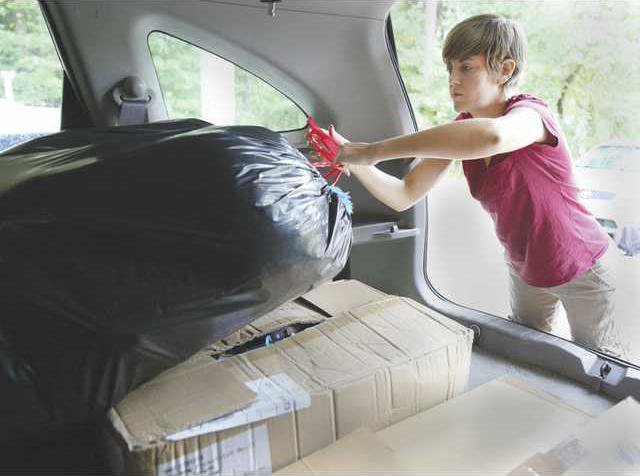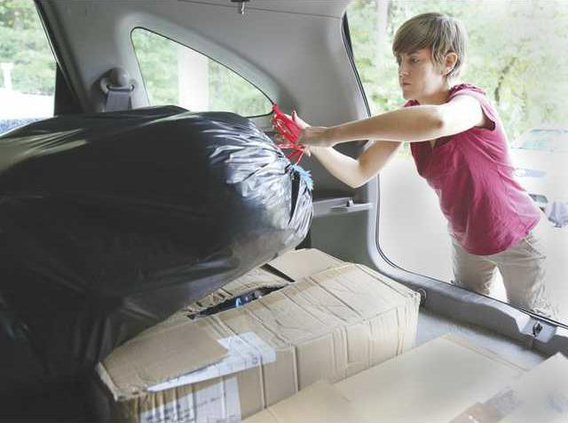As I knelt down in the day care classroom, the little girl reached for me saying “bye, bye mommy!” in the sweetest, happiest voice.
It was the last time I would drop her off, and I wouldn’t be picking her up. I hugged her blissfully ignorant little self tight.
I was told to try to hold back the tears. That didn’t happen.
She and her brother moved that night to a home where they will be loved and cared for.
I didn’t want them to feel sad.
I left the room trying not to cry in front of her brother, looking at the hallway wall so I could collect myself to say goodbye to him, too. Another long, tight hug and the tears were flooding my eyes again.
I walked back toward the day care office, blinded by all those tears, and unloaded their bag and car seats from my car, leaving them for the parents who hope to adopt these two little ones my husband and I spent a year and a half caring for.
We decided this choice was best for us. A courtroom of family, advocates for the children and a judge all agreed it was best, too.
I know they’ll be happy with their new parents. I know those parents already love them at least as much as we do.
But that morning, it hurt. And the next morning, I was bawling as I walked through the living room where their toys were still strewn across the floor. A little stool sat in the middle of the living room with a pink polka-dotted bandana placed so carefully on top of it by chubby little hands the day before.
That sweet little boy’s face wasn’t next to my bedside at 7 a.m. saying “Mommy, it’s wake-up time!” His sister isn’t calling for Daddy from her crib.
Everywhere I look, I’m reminded of them.
Later that day, we began to pack up boxes to take to their new home. I pulled out a book about colors. Yellow lion. Soft duck. Red bear. Fluffy bird. They both learned their colors on that little book with squishy pages and soft things to touch.
They learned their colors. They learned to talk. They learned to jump and run, to kick their legs in the water.
One graduated from diapers.
One finally grew a full head of beautiful brown curls.
They have a lot of family who will miss them — foster families, extended families and birth families.
They loved us all. And we all loved them.
I will forever love that little boy, for his sensitive little soul, the way he said “wake-up time” when his little clock turned green, the fights we had over putting on socks in the morning, his love of trains and his beautiful smiling and silly faces.
I will forever love that little girl for her spunk, the way she spun around whenever she was lucky enough to wear a dress or skirt, how she ran away giggling when she was in trouble, her love of music and dancing and her beautiful smiling and silly faces.
The first child seems to hold a special place in a parent’s heart. That little boy and girl will always be my first.
People often react to foster parents with words like “I could never let them go. How do you do it?”
It’s hard. So hard.
But sitting on the bed where that little boy used to sleep is another little girl. She gets up to get a book to flip through. She flips through it and gets up again for another. Her older brother reads some of the books to her.
They haven’t been with us long, but already I love the cute face she makes when brushing her teeth and the way she sings along to the radio in the car. I love how considerate her brother is and the way he cares for his little sister.
I didn’t pack up that book with the colors. It’s staying with me. This little girl flips through it, touching that fluffy bird and saying her colors.
These two need a family to take care of them for a little while. It’s always hard. But they all deserve it.
Shannon Casas is metro editor of The Times. She and her husband recently became foster parents and she shares her experiences in this occasional series.

